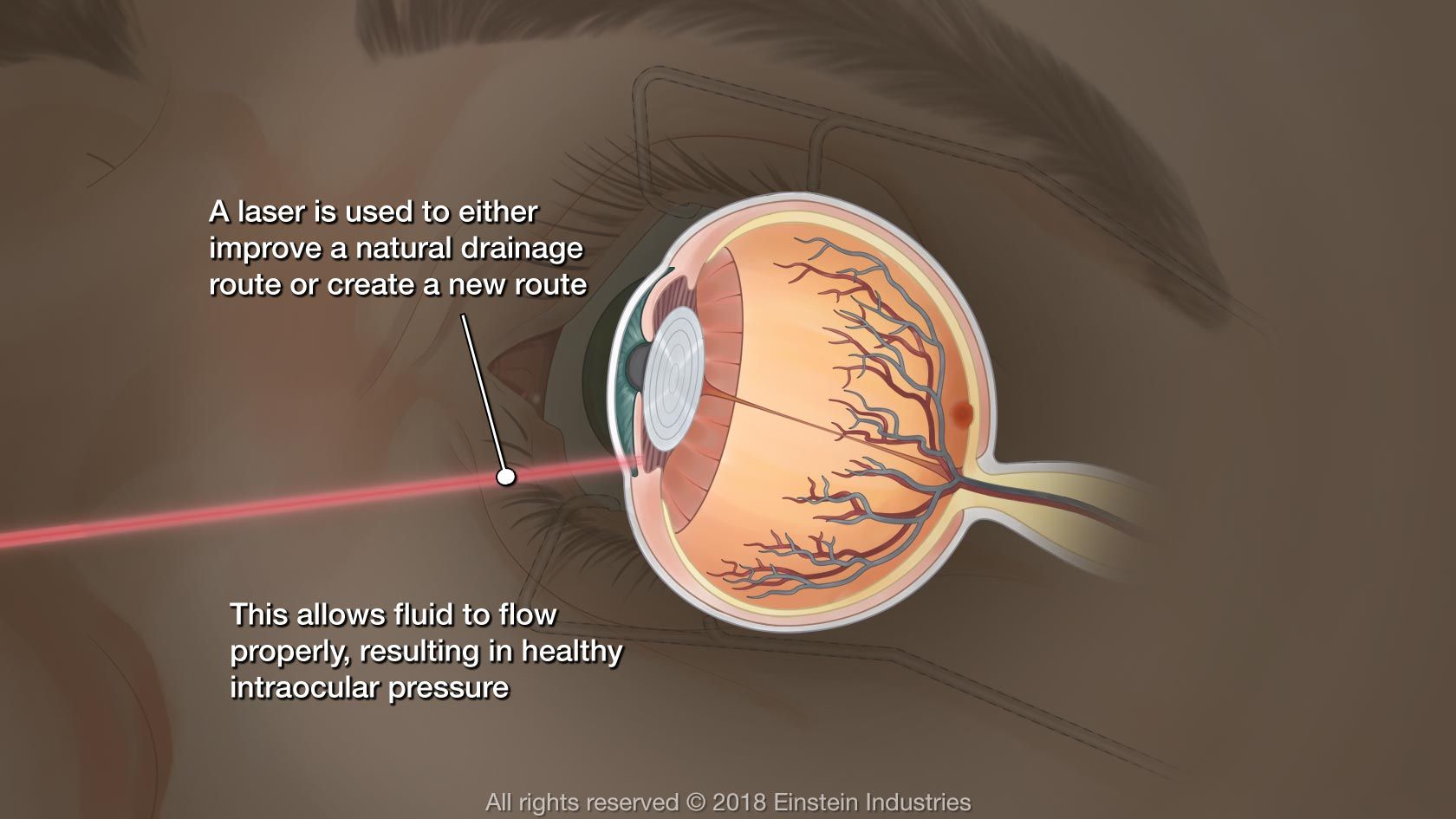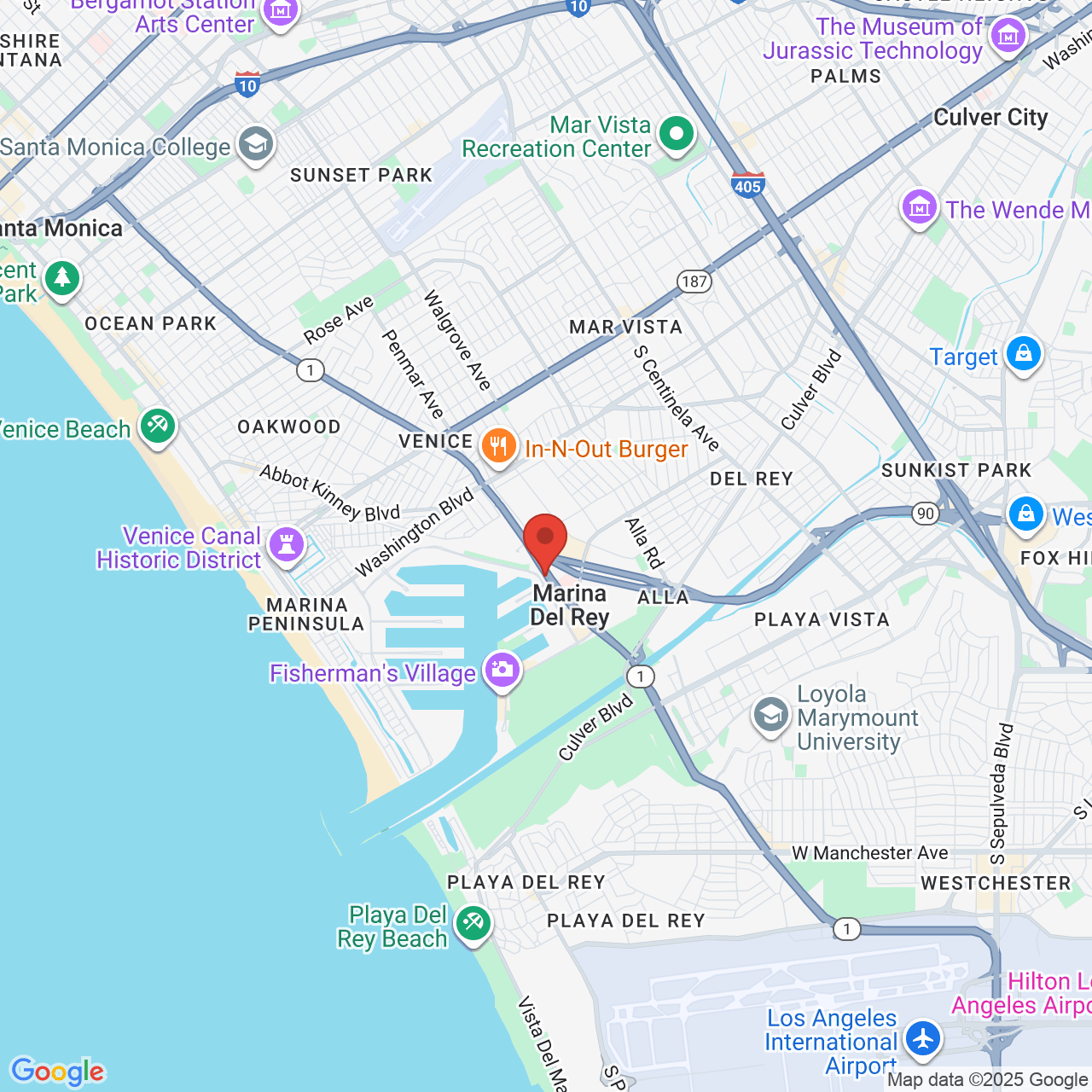Dr. Nakagawa Gives Helpful Answers to Questions About Glaucoma
What Is Glaucoma?
Glaucoma is an eye disease that is caused by increasing pressure inside the eye. Pressure builds because the fluid inside the eye is unable to drain properly. As pressure increases, damage can occur to the optic nerve, resulting in permanent vision loss. More than 3 million men and women in the U.S. have glaucoma, including many cases of undiagnosed disease.
There is no cure for glaucoma, but it can be controlled.

What Are the Risk Factors for Glaucoma?
Anyone can develop the disease, but it occurs most commonly among:
- Anyone over age 60
- Black men and women over age 40
- Those who have a family history of the disease
What Are the Symptoms?
In its first stages, glaucoma causes no symptoms, which is why it's often called a “silent thief” of vision. As the disease progresses, patients may notice a gradual reduction in peripheral or side vision. Over time, the field of vision becomes narrower until finally, complete blindness occurs.

How Is Glaucoma Diagnosed?
The most common test used to help diagnose glaucoma is the “puff of air” test that helps measure pressure. However, the air test is only one tool that's used. For an accurate diagnosis, Dr. Nakagawa uses a dilated exam to look inside the eye to check for signs of glaucoma. Most cases of glaucoma are detected through a dilated exam by a skilled ophthalmologist who knows what signs to look for.

How Is Glaucoma Treated?
There is no cure for glaucoma, but it can be controlled. Most treatments involve:
- Medication, including eye drops or pills, to reduce pressure or improve drainage
- Laser surgery to help the eye drain more effectively
- Traditional surgery to correct drainage issues
Most patients respond to medication, and traditional surgery is reserved for patients who don't respond to drugs or laser treatments.
Schedule a Glaucoma Test Today
Glaucoma often presents no symptoms until permanent damage has occurred. If you are experiencing changes in your vision, or if you have not undergone an eye exam in recent years, call our office at (310) 340-6925 or request a consultation online.
